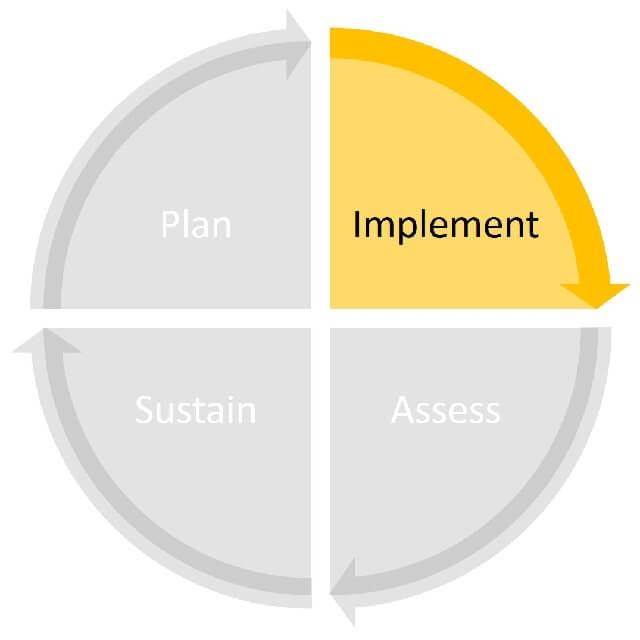Building Successful Relationships with Participants

Building a positive and supportive relationship with the participant is key to a successful peer support experience. Programs need to outline the parameters, such as maintaining appropriate boundaries in the relationship, and setting expectations to ensure peer supporters understand and adhere to their role.
These parameters and expectations need to be clearly defined and communicated from the start. Many programs highlight the importance of both in early training. Peer supporters may also need training on how and when to end a relationship with a program participant, although this can be difficult at times.
Peer supporters need to:
- Clearly define their role at the beginning of a relationship so participants know what to expect.
- Accept that there may be differences in status, personality, experience and opinion and avoid trying to fix the participant.
- Become familiar with their program’s approach to ‘boundaries’. Some programs advise against personal relationships, and others accept it occurs as a natural result of the peer support process.
- Be aware of how to end a peer support relationship. The structure of some programs may make ending the relationship easier.
- If a participant is moving in to a supporter role, there may be need to provide a transition period before they commence their new role. This is very condition dependent; For example, a recent cancer survivor may not be ready to provide support for others just yet and may need a year or more to pass before they can do so. Both the peer supporter and participant need to be ready for the relationship.
“I have talked to a lot of people, I feel sorry for a lot of things that people are going through, but I try not to get too emotionally involved in it, I try to stay on a more professional side of it.”
— Quote from a peer supporter
“What we counsel is that if they’re getting to the point where it's not about living with the ailment, that it's about everything else, then it may be time to end the relationship… we have to be clear about when that role ends, and then they can be a friend in a different way if they choose to.”
— Quote from a program leader
